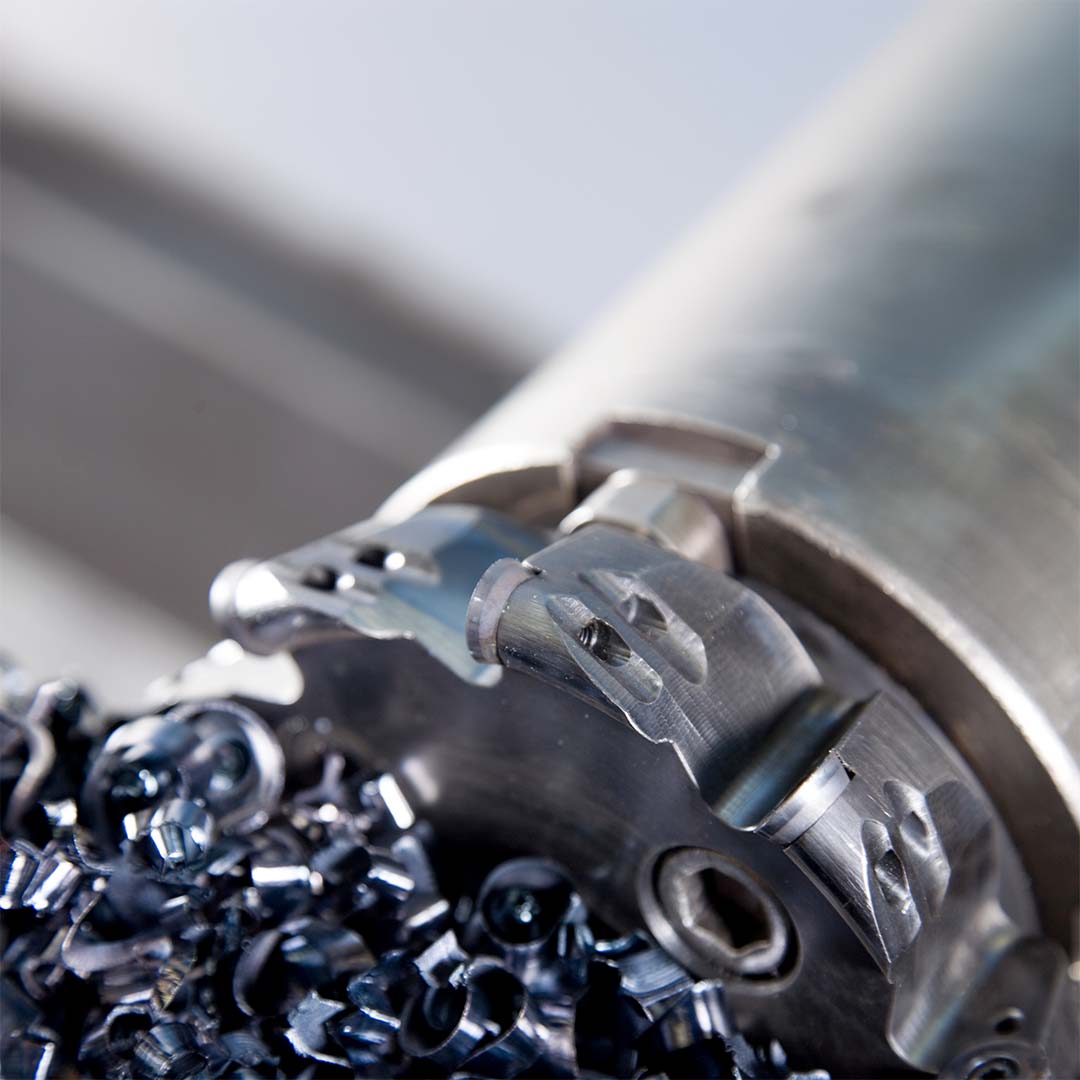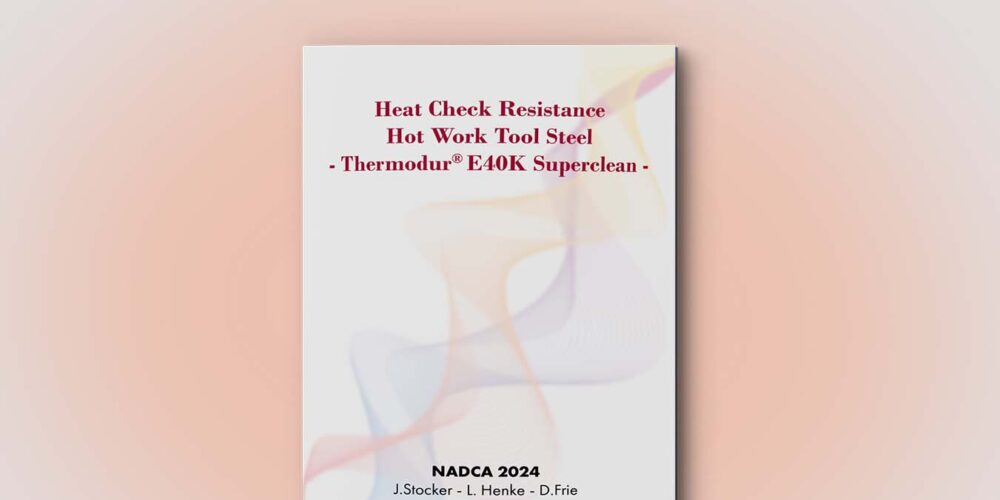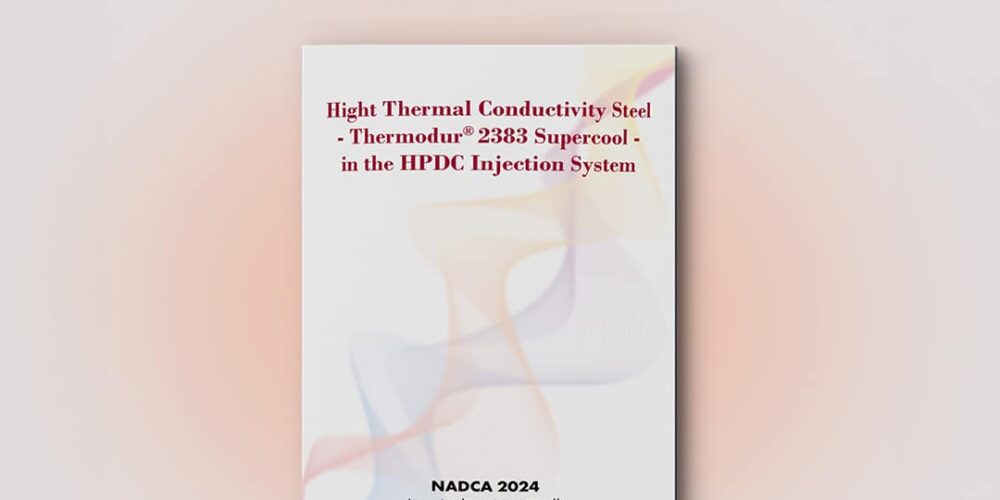In the die casting sector, die failure is an operational cost…
Special Steel Production Processes: Mechanical Machining
Benefits of Mechanical Machining in Special Steel
During the production of steel mill blocks, phenomena such as oxidation, surface decarburization, laps, and cracks can occur. If not removed, these defects may compromise the integrity of the steel block. Mechanical machining, through chip removal, allows for the elimination of these imperfections, resulting in a surface free from defects that could adversely affect the steel’s performance during subsequent processing stages or in its final use.
The Mechanical Machining Process
Once solidified after heat treatments, the steel must undergo several production steps at temperatures above 500°C to be forged. During these stages, the steel reacts with the oxygen present in the air, creating layers of oxidation and decarburization. The plastic deformations caused by rolling mills, hammers, and presses, combined with complex production processes, lead to the need for removing the surface material to ensure a high-quality product.
The Importance of Chip Removal
Chip removal is an essential step to eliminate surface imperfections and obtain steel suitable for the construction of complex mechanical components. Thanks to this phase, the processed steel ensures excellent performance both in operation and during subsequent manufacturing stages. Deutsche Edelstahlwerke (DEW) steelworks, with their expertise, minimize defects, but it is through mechanical processing that the required perfection is achieved.
Mechanical Machining: conclusion.
Mechanical processing represents a fundamental step to ensure the final quality of special steel. By removing surface defects, the material achieves optimal characteristics, ready to be used in the most demanding applications. Keep following our blog to discover more details about advanced special steel production processes.





